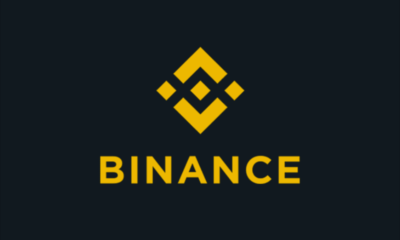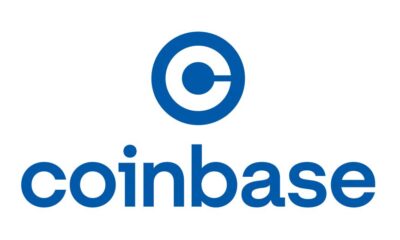Videos
Taiwan central bank governor looking into interest free CBDC
The Governor of the Central Bank of the Republic of China (Taiwan) Chin-long Yang, recommended a no-interest design for the country’s central bank digital currency pilot.

Videos
Kronos Research hacker shifts funds to Tornado Cash
The hacker behind the $25 million exploit of quantitative trading firm Kronos Research in mid-November 2023 started moving funds nearly six months after the exploit.
Videos
Gemini plans Asia-Pacific expansion
United States-based cryptocurrency exchange Gemini, founded by Cameron and Tyler Winklevoss, has announced plans to expand into the Asia-Pacific (APAC) region.
Videos
Bahamas denies asking FTX to mint new tokens
The Securities Commission of The Bahamas has denied FTX debtors’ claims and expresses concern that the investigation has been impeded.
-

 News1 week ago
News1 week agoBinance denies reports of DWF Labs market manipulation
-

 News1 week ago
News1 week agoDeutsche Bank slammed by Tether over suggestion its stablecoin could fail
-

 News1 week ago
News1 week agoCoinbase sees infinite interoperability potential with Ethereum and USDC
-

 News1 week ago
News1 week agoBlockchain education initiatives take off amid crypto bull market
-

 News1 week ago
News1 week agoRwandan central bank proceeds with retail CBDC project
-

 News1 week ago
News1 week agoRipple-Partner SBI Holdings To Establish Joint Venture In Japan
-

 News1 week ago
News1 week agoCharles Hoskinson Says Biden Wants To ‘Kill’ Crypto
-

 News6 days ago
News6 days agoThe Philippines initiates sandbox testing for a stablecoin backed by the Peso.






















